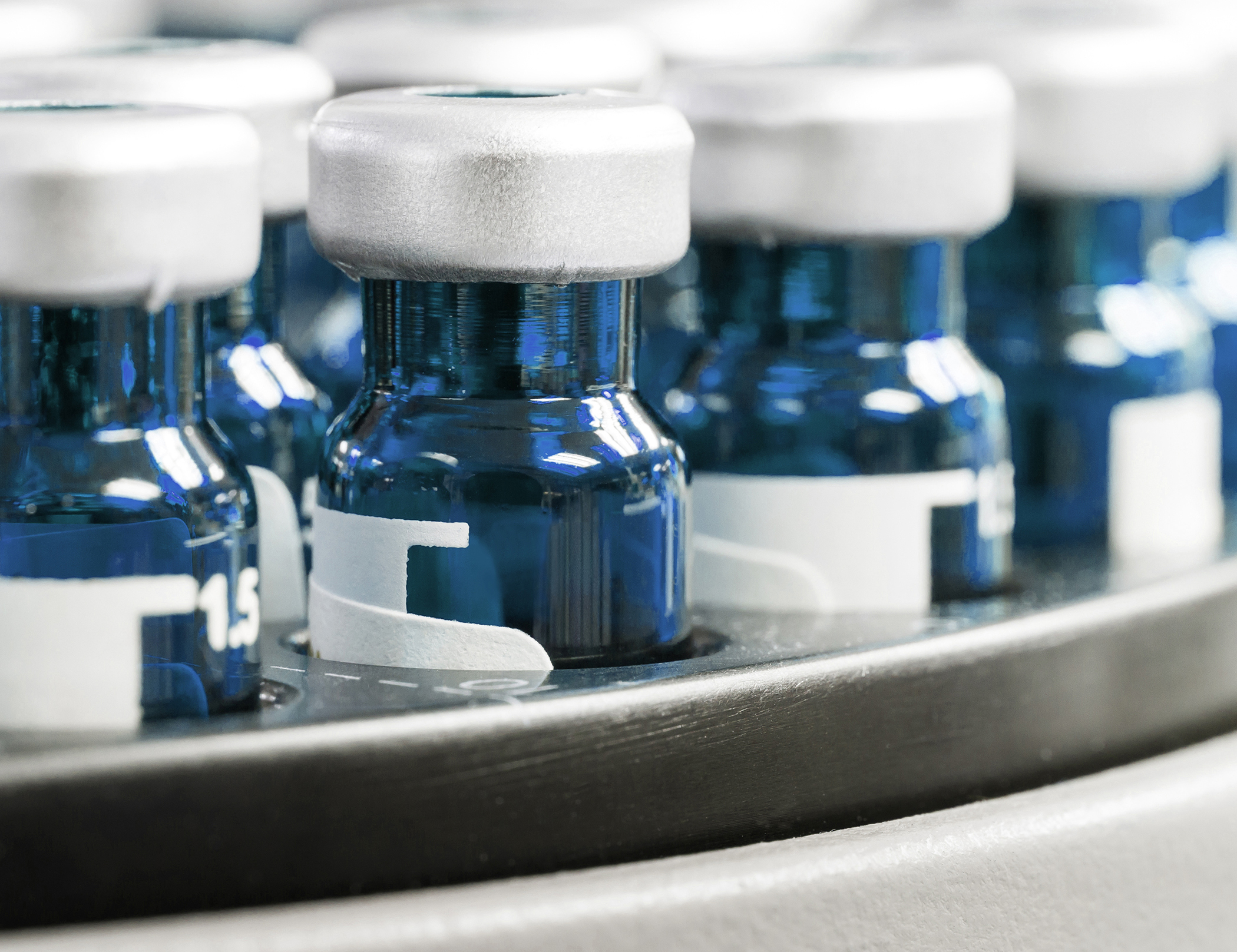BioIncept, a wholly owned subsidiary of Prince Biotech, is a clinical-stage biotechnology company developing breakthrough therapeutics and diagnostics built on its proprietary discovery of the PreImplantation Factor (PIF). Leveraging this platform, the company is advancing novel therapies in regenerative medicine, immune modulation, and reproductive health—focused on improving IVF outcomes and tackling challenging conditions such as autoimmunity and neuro-regeneration.
For more information, please visit PrinceBiotech.com.




